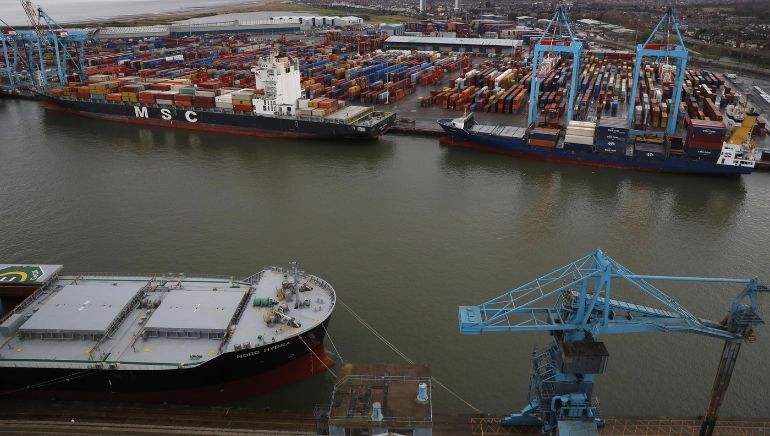Britain is gearing up to wield a new weapon in its climate arsenal: a levy on carbon-intensive imports. Starting in 2027, steel, cement, fertilizers, and more will face a price based on their emissions and the carbon pricing gap between their origin and the UK.
This “carbon border adjustment mechanism” aims to level the playing field for UK producers facing cheap, high-emission competition.
Finance Minister Jeremy Hunt sees the levy as a two-pronged attack: protecting British businesses and pushing global emissions down. He emphasizes that imported goods must “face a comparable carbon price” to incentivize cleaner production across the globe.
This move aligns with the UK’s net-zero goal by 2050 and its existing emissions trading scheme. But it also follows the EU’s similar initiative launched this year, raising concerns about a potential trade war.
Concerns have been raised by industry stakeholders, including Gareth Stace, Director General of UK Steel, who believes the UK scheme’s implementation, one year after the EU’s CBAM, could potentially lead to an influx of high-emission products into the UK. The European Union initiated the first phase of its CO2 emissions tariffs on imported goods, including steel and cement, in September, with full implementation scheduled for 2026.















